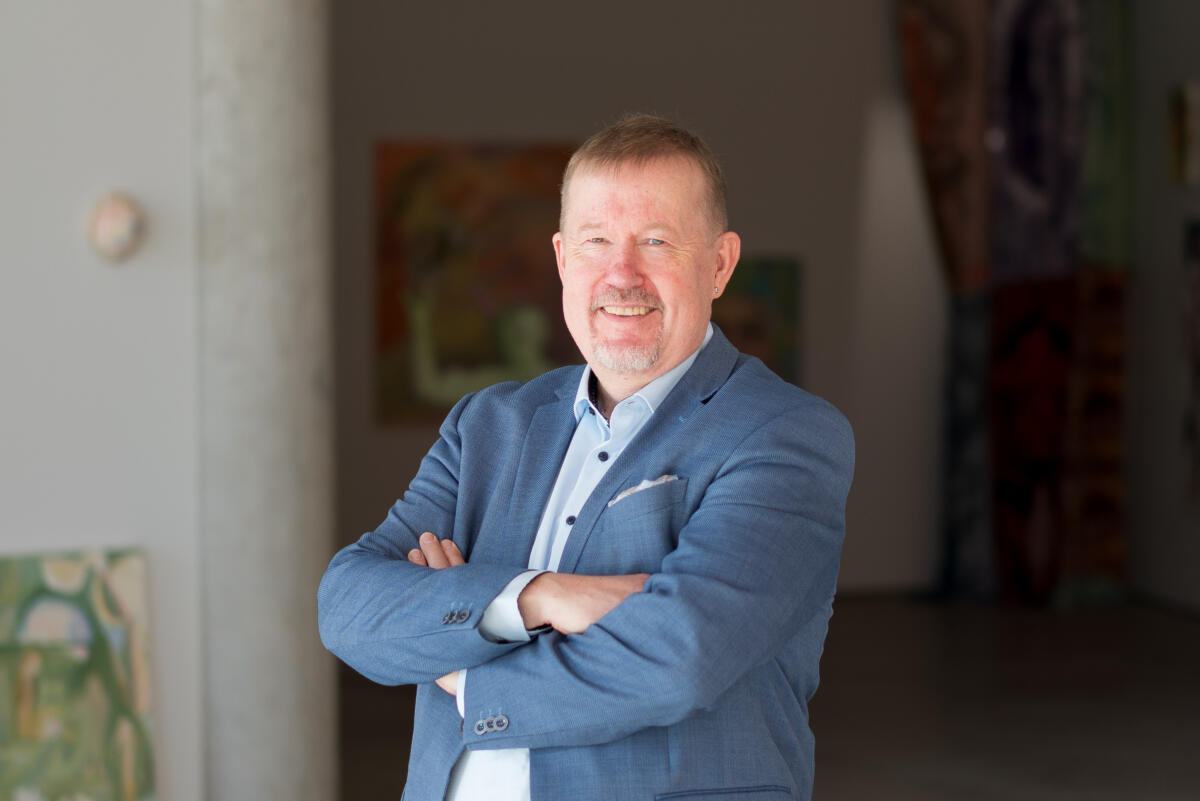Tapio Kujala selected as vice rector for education at Uniarts Helsinki
Kujala secured the position thanks to his extensive management experience and wide networks in Finland and abroad.

Doctor of Social Sciences Tapio Kujala has been selected as Uniarts Helsinki’s vice rector for education for a term extending from 1 August 2024 to 31 July 2029.
Kujala served as the president of Tampere University of Applied Sciences in 2021–2024 and as the CEO-rector of Diaconia University of Applied Sciences in 2016–2020. Kujala has also worked as the executive director of the Lifelong Learning Foundation, manager for learning and science at the Finnish Broadcasting Company and the director of the Turku Campus of Diaconia University of Applied Sciences. Defending culture and fostering education and knowledge is important for Kujala.
“Culture and education promote the wellbeing of both the individual and society. But as finance matters have dominated the public discourse, their importance has been sidelined. I find that it’s Uniarts Helsinki’s mission to show the value of culture and education-based knowledge,” Tapio Kujala says.
The vice rector for education is tasked with managing the development work related to Uniarts Helsinki’s education, learning environments and learning services. Alongside the vice deans for education at Uniarts Helsinki’s three academies, the vice rector is responsible for the results of education and for attaining the goals that are used as funding allocation criteria.
Above all, Kujala secured the position thanks to his management experience and wide networks in Finland and abroad.
“Tapio Kujala has extensive experience in managing expert organisations and engaging in related stakeholder work. I believe that we will have an excellent vice rector in him,” Rector of Uniarts Helsinki Kaarlo Hildén says.
The University Board made the decision on the vice rector appointment in its meeting on 16 May 2024.
A total of 9 persons applied for the position of vice rector through an open call. Executive search was also used as a recruitment method. Based on the interviews and other application material, the recruitment panel selected three top candidates who got to participate in a public interview and discussion event with the university community.